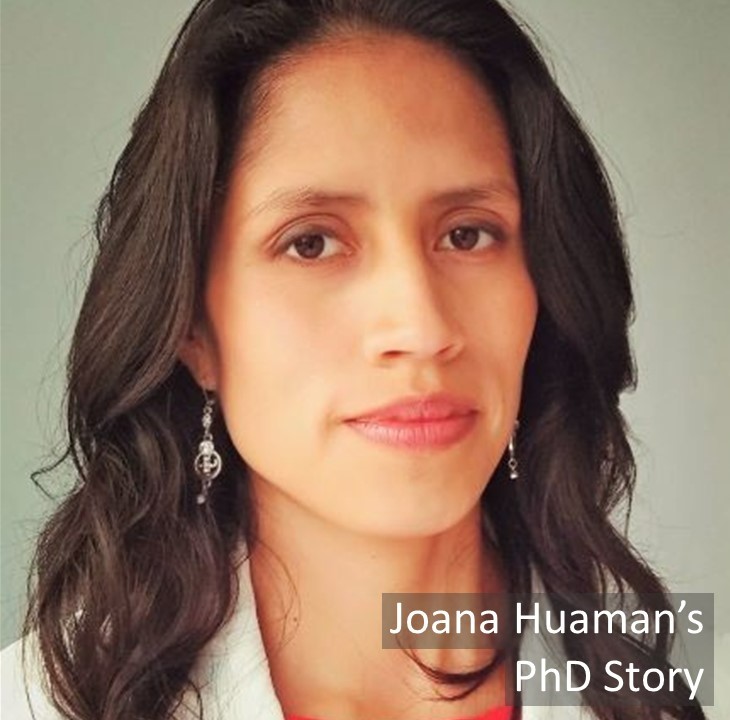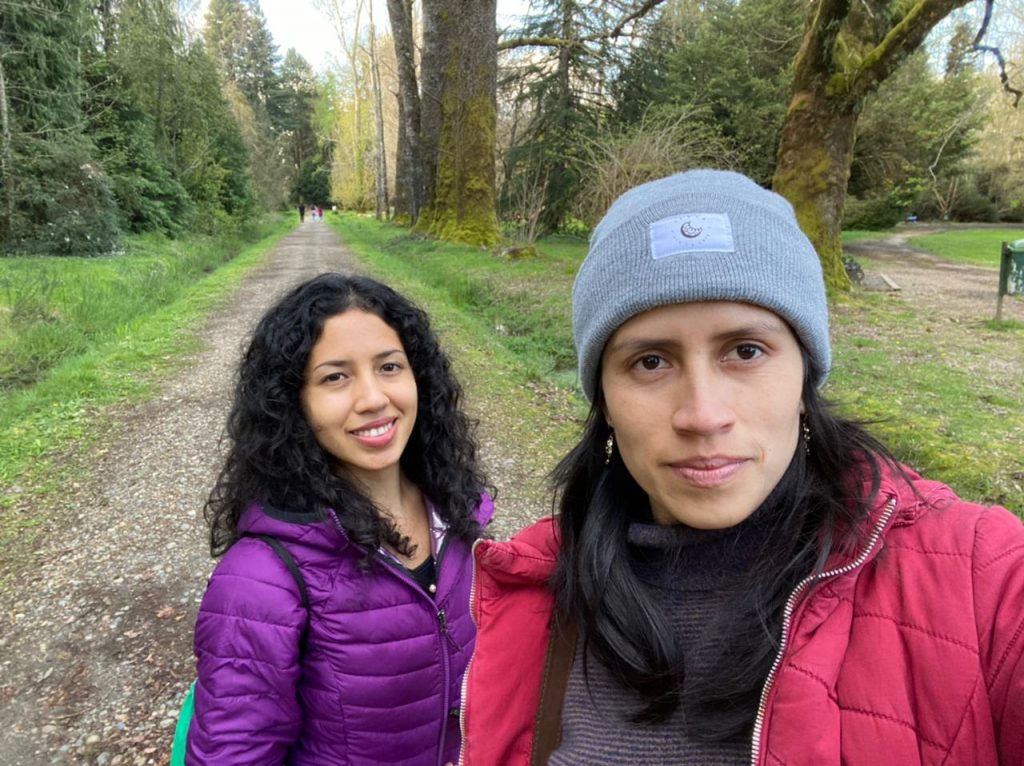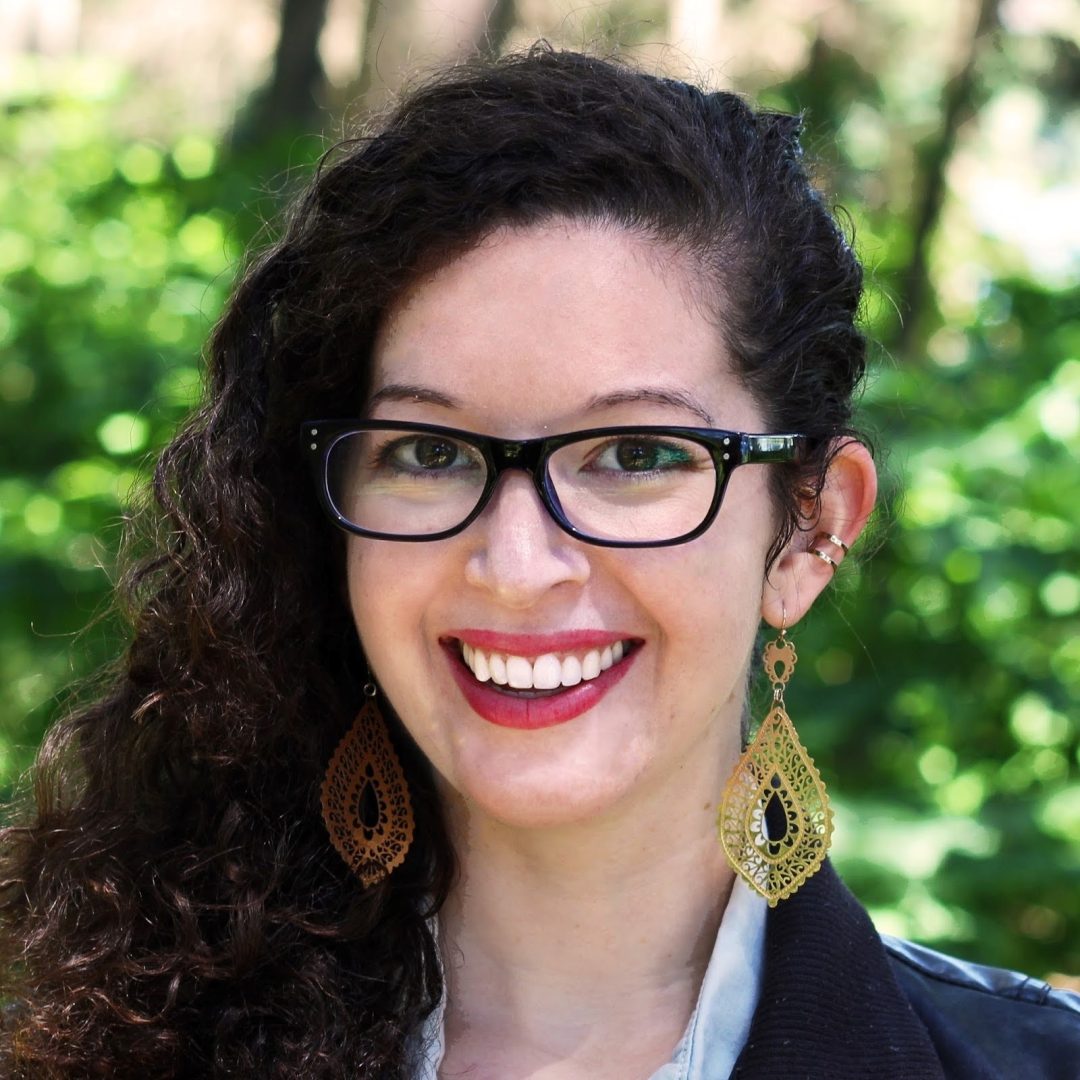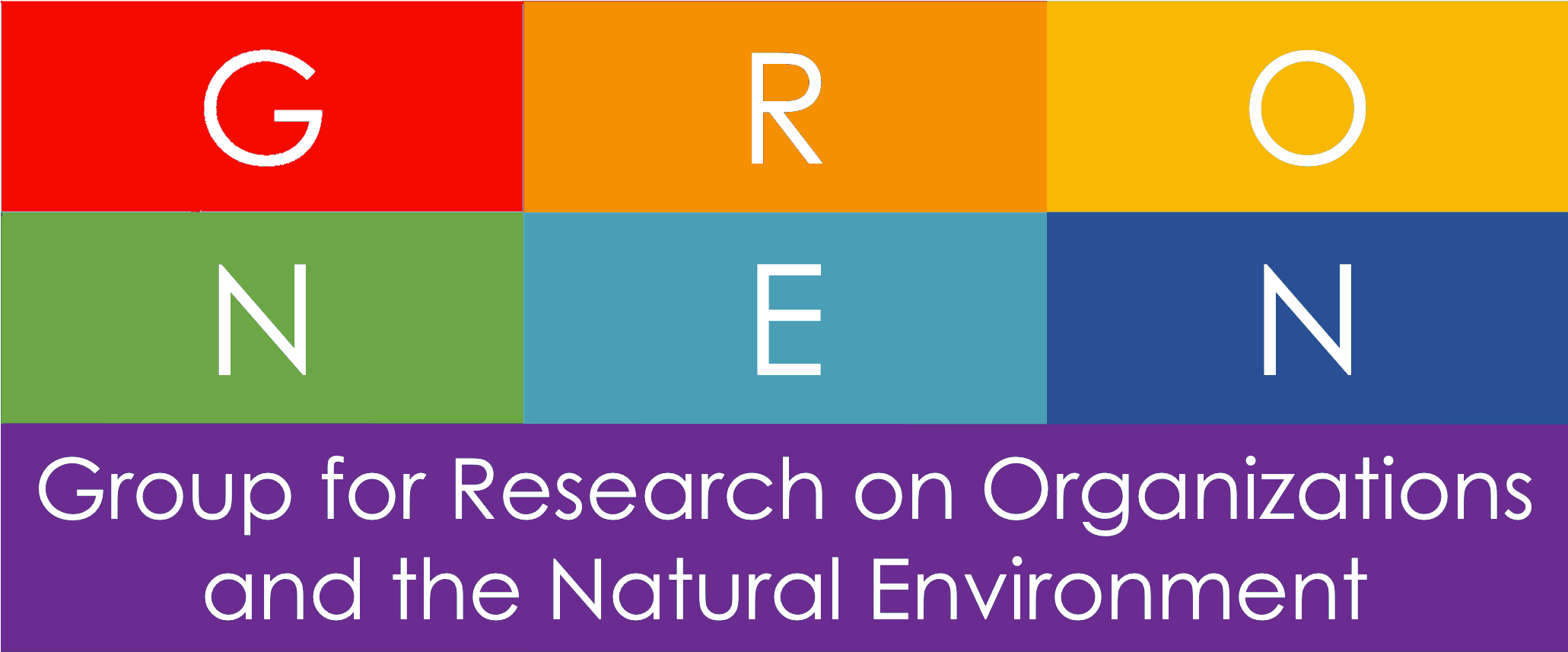
Joana Huaman is PhD student at Universidad del Desarrollo’s Business and Economics Faculty in Chile.
Her research focuses on organizational adaptation to climate change impacts.
Currently, she is finishing her thesis and entering the job market.
Here is Joana’s story.
What are some memorable experiences you have had during your time as a PhD student?
Being in this PhD is my first experience in academia. The most exciting thing about this sector is that we can communicate virtually with researchers from all over the globe. Researchers are generally very open to sharing their ideas and giving feedback. Another wonderful thing is that this world is constantly moving, and there are lots of events where you can participate and learn about the direction in which a particular research line is moving. Finally, one thing that surprised me in my PhD journey is that I could choose what I want to study, how I want to do it, and with whom I want to work.
What inspired you to pursue a PhD?
It all begins during my undergraduate studies in Peru. I had one professor that inspired me. The topic was not easy, but he could explain it completely and easily. It was well-known that he enjoyed doing classes. At that time, I dreamed of being a professor. However, when I finished my studies, I forgot this dream. Eventually, it came back when I started to do my master’s degree. Moreover, this time I decided to go for it and start applying to PhD programs.
In brief, what is the empirical method you are adopting in your thesis?
I do not have a preferred method for my research. In each research, the method will depend on several factors, like the research question, the quantity of data available, among others. Until now, I have used discrete choice modeling and network analysis. Currently, I am considering using qualitative comparative analysis.
In general, the data in my research is obtained from South American countries, mostly Chile, where I live.
Can you describe a “eureka moment” you might have had during your PhD?
There were two “eureka moments” that motivated my research. The first occurred when my advisor explained that the most frequently implemented adaptation strategies are only sustainable in the short term because they involve more intense use of natural resources. The second moment was when a senior researcher during a workshop explained the influence of theories on our way of seeing the world. Consequently, it influences people’s decision-making process.

What side projects, communities, or other initiatives are you involved with?
I am part of the committee of the ONE Sustainability Ph.D. Community. We organize events regularly; our objective is to help doctoral students and junior scholars in their professional development. Our audience comes from different regions of the world. Additionally, I am in the Center for Business Sustainability at Universidad del Desarrollo in Chile. Last year, this center began its activities. It focuses on South American research.
What hobbies or interests do you enjoy outside of work?
I really enjoy being on the road. Driving in the forest while listening to music is one of the things I most enjoy.
What three tips would you offer to new PhD students in your field?
- Before choosing your dissertation topic, explore as much as possible. It will enable connecting ideas, challenging assumptions, and in the end, contributing to your field.
- “Trust the process.” Persevere in your daily work and be patient with the results. Some stages will take longer than planned, and it is ok.
- Ask for help whenever you need it. One advantage of this career is the possibility of connecting to people in any part of the world. There are lots of very kind people who can support you.
In brief, what does the GRONEN community mean to you?
GRONEN is a great community where I can find people with the same motivation as me. GRONEN events are places where I can find interesting and relevant information that will influence my research.
What’s next for you?
I have two things to complete this year. First, I will continue working on my thesis, and I hope to have two papers for submission at the end of this year. Second, I will enter the job market. I aim to work at a university where I can keep in touch with the industry. And in that way, I can help them to improve their sustainability journey.
Contact
f you would like to reach out to Joana, you can contact her via email, LinkedIn, or Twitter @huaman_joana.

Elizabeth M. Miller is a doctoral candidate at Aalto University School of Business in Finland. Her work focuses on systems change and circular economy.
